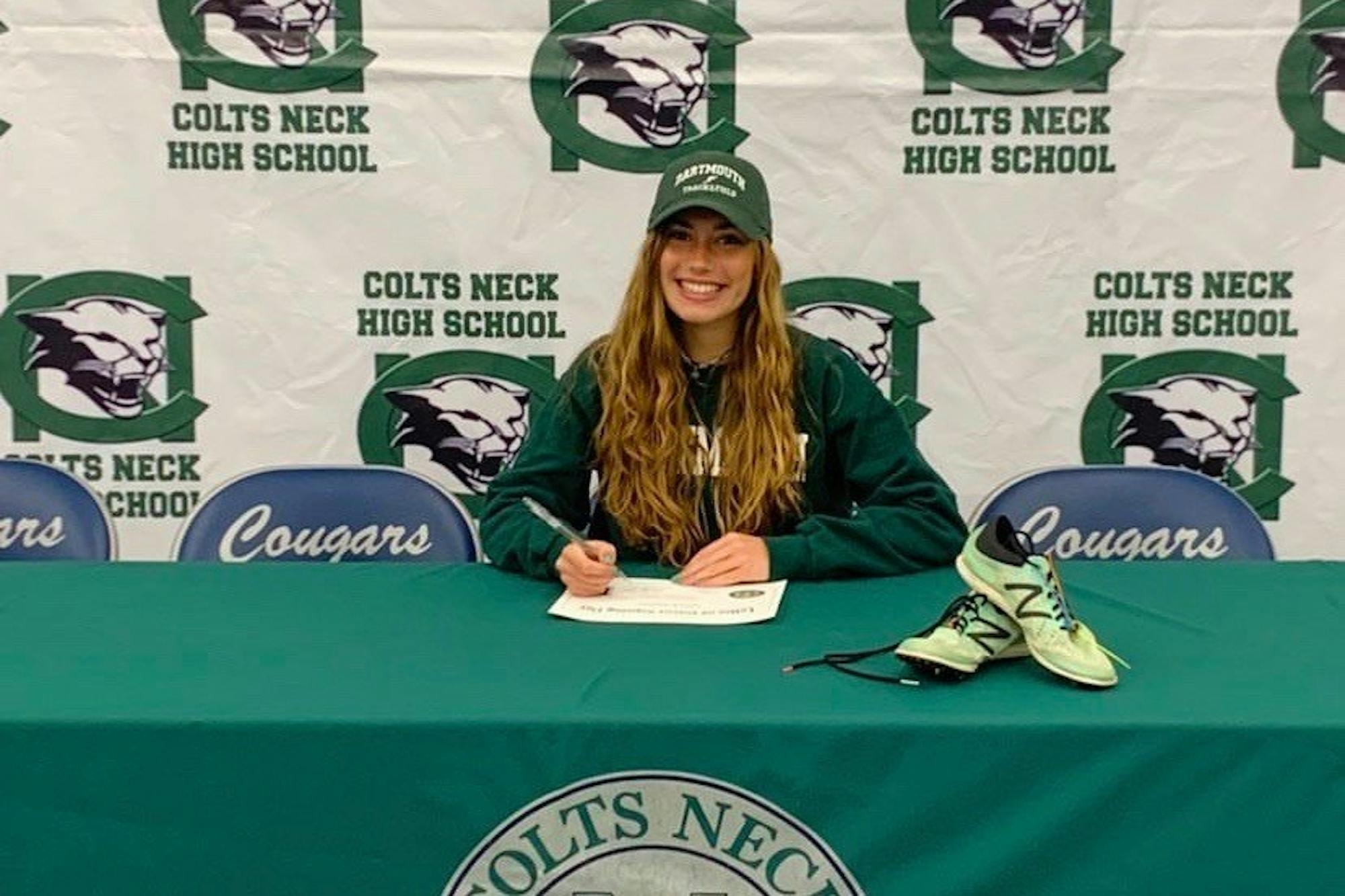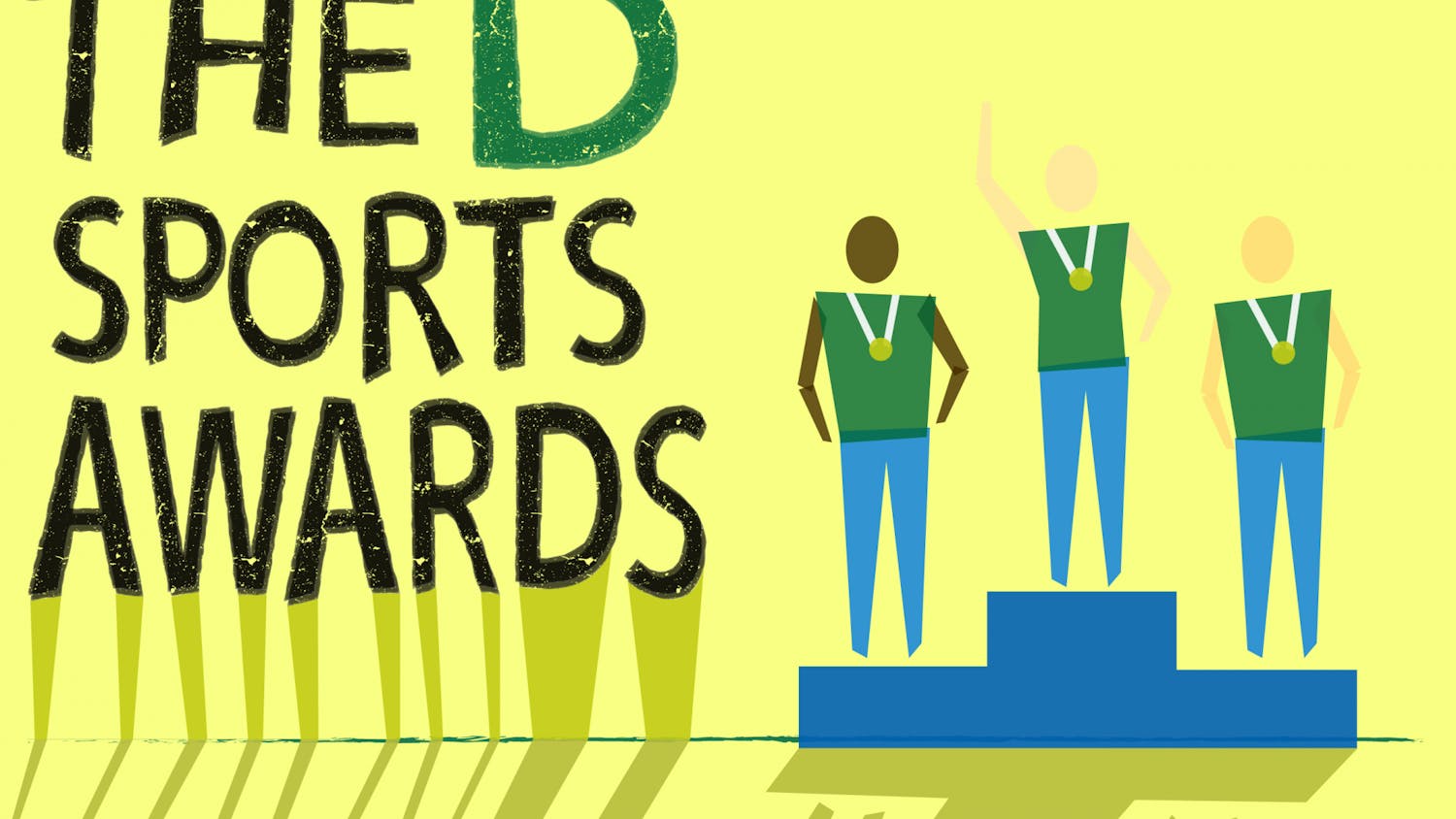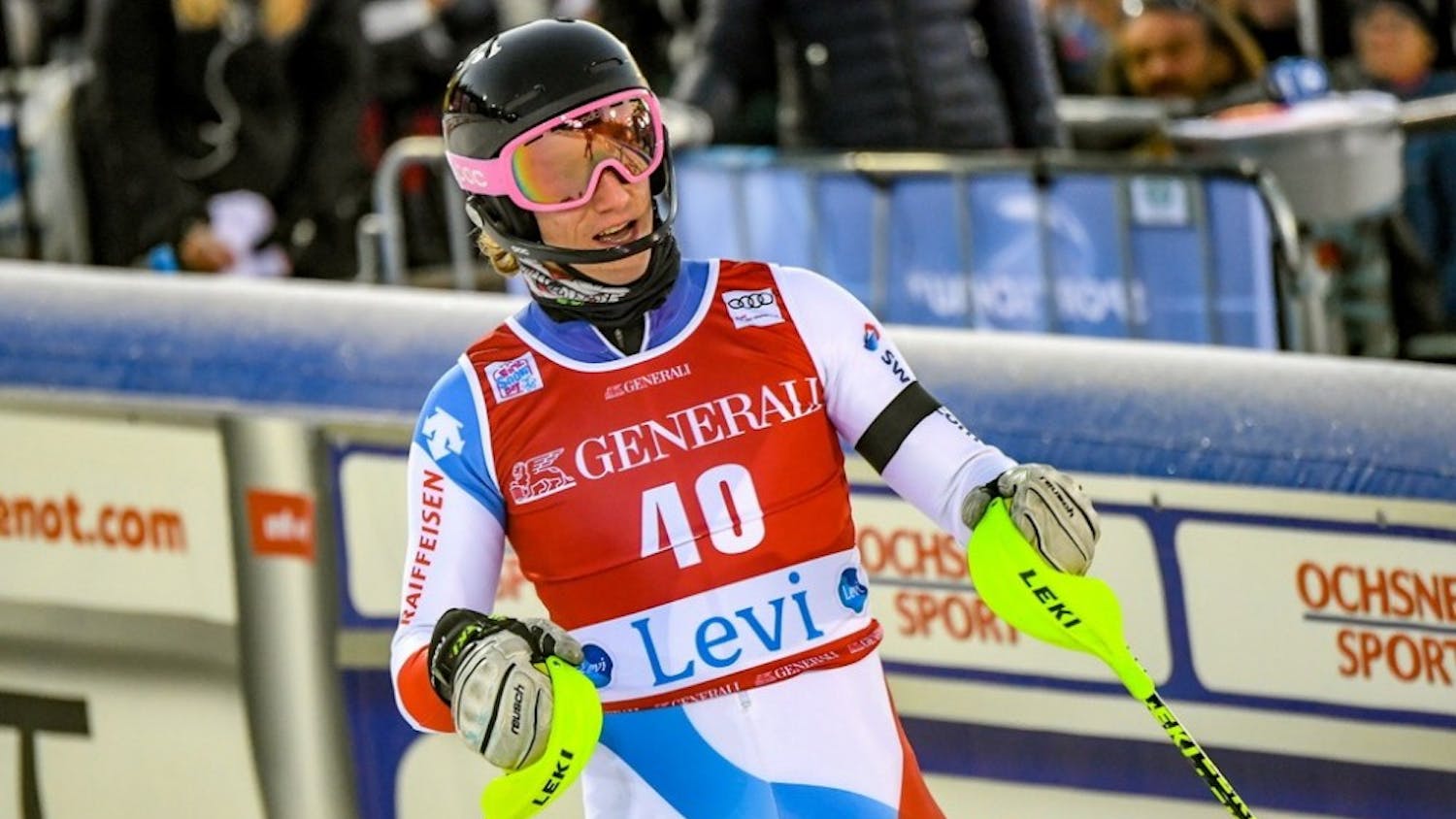Despite not knowing if they will be able to compete in their first collegiate seasons, incoming student-athletes in the Class of 2024 have continued to train as they await the College’s decision on fall term.
The College will announce its decision on fall term by June 29, but many fall sports begin incorporating their recruited athletes into training earlier than that. Women’s soccer recruit Aspen Anderson ’24 said that despite the uncertainty, the team will continue to focus on staying in shape for the fall season.
“Most of it is trying to not think about the pandemic as much,” Anderson said. “[We] just try to get in what [we] can to help prepare if there's a season and to make sure that we're all going to be ready.”
Getting an entire class of recruits to adopt the same preseason training regimen has been logistically difficult, as athletes are scattered across states and countries with varying COVID-19 regulations.
Men’s track and field recruit Rahul Batlanki ’24 said that he has been struggling to replicate his typical workout, even though his home state of Texas has begun to reopen some businesses.
“My track and where I normally train and run are closed, so it does make it more difficult,” Batlanki said. “I have to adjust to training at home and trying to get the same workouts.”
Anderson added that before social distancing guidelines were loosened in her home state of Colorado, it was difficult to access turf fields and parks to complete workouts sent by Dartmouth coaching staff. She said that she had to think outside the box and “try to do [her] own stuff.”
The summer before freshman year is typically as crucial for team bonding and camaraderie as it is for athletic development. Given current circumstances, however, some athletes noted difficulties establishing a connection with their team while sheltering at home. While frustrated that he has to connect with his teammates virtually, Batlanki takes solace in the fact that all athletes are going through the same ordeal.
“I think that we would have been able to [get to know one another] better had all this not been going on, but we have been [talking], and I got a sense that everyone's kind of in a similar boat,” Batlanki said.
The COVID-19 pandemic has also affected recruits’ high school seasons, which can be their last chances to compete before starting their collegiate careers.
Soccer is a fall sport in the NCAA, but because high school girls soccer is a spring sport where Anderson lives, she was only able to participate in preseason games and one game regular-season game before the season was canceled. Anderson was hoping that her senior season would give her “a chance to experience new situations” and “have more touches on the ball,” but the shortened season “disrupted [her] goals.”
“Not being able to play [at Dartmouth] would definitely be a tough thing just because my spring season was canceled, so it'd be a year without playing a sport,” she said. “Basically it’d be kind of like having an injury.”
Incoming women’s cross country runner Natalie Shapiro ’24 said that the cancellation of her spring track season “drastically … changed [her] training,” as she was getting ready to peak for larger state and national track meets. Instead of the “speed work and sharpening” that she would usually be doing to prepare for those races, Shapiro said that she is continuing high-mileage training.
“Especially with distance running training, you have to really time for when you're trying to peak,” Shapiro said. “It definitely messes with your body and training cycle when you don't peak for anything. Staying with bulk training is just not really characteristic for the time.”
Fellow cross country recruit Madeleine Locher ’24 said that not competing in her full spring track season allowed her to take a break and do some trail running “just for fun” before focusing on training for the cross country season.
“I'm disappointed about not having a track season, but I think the break is going to just make me look forward to the next season even more,” Locher said.
Locher added that she is hopeful for some form of a competitive cross country season, even if it is shortened or otherwise altered.
“[Cross country head coach Courtney] Jaworski was basically saying we're waiting to hear from the school ... but so far, he said it looks like there's a good chance that we'll be able to go back to school in the fall — probably not have a full season but some smaller meets and some smaller races,” Locher said.
Even if the College chooses to bring students back on campus in the fall, student-athletes will not be able to compete unless at least some other universities do the same. Currently, none of the Ivy League schools have committed to either an in-person or remote structure for the fall.
Incoming football player Macklin Ayers ’24 said that he envisions a scenario where the team could be forced to cancel its season or pivot to a “limited schedule” if other schools do not play this season. Ayer’s soon-to-be teammate, quarterback Jace Henry ’24, agreed that the status of the football season is out of Dartmouth’s hands, and he has mentally steeled himself for a worst-case scenario.
“It would suck to not be able to play football for my first college season, but training-wise, I'd be on the same grind, getting ready for the next season,” Henry said, “It's always 24/7, year-round. Always got to prepare and be ready.”
Some athletes expressed concern about the additional stress of a lost season amid an already stressful time. Shapiro said that her sport acts as a “coping mechanism,” and that not being able to run cross-country as a freshman would add to the difficulty of adjusting to college.
“Going into a new school and a new environment is just scary,” she said. “Running is something I do every day, all year, and it's something that really grounds me. I think by not having that ... it would make the transition really hard for me.”
Regardless of whether they can play this fall, incoming student-athletes share a desire to get to know their teammates and connect with Dartmouth’s campus in person. Incoming volleyball player Ellie Blain ’24 said that she is looking forward to becoming a part of the “great traditions and history” of the College.
Women’s tennis recruit Katie Weber ’24 said that she is still hoping to get as much out of her first year at Dartmouth as possible.
“Dartmouth had so many great things to offer, including academics and different clubs,” Weber said. “Even if we aren't able to return to a full competitive spirit, I'm really looking forward to training with the team and just enjoying other things that Dartmouth has.”




